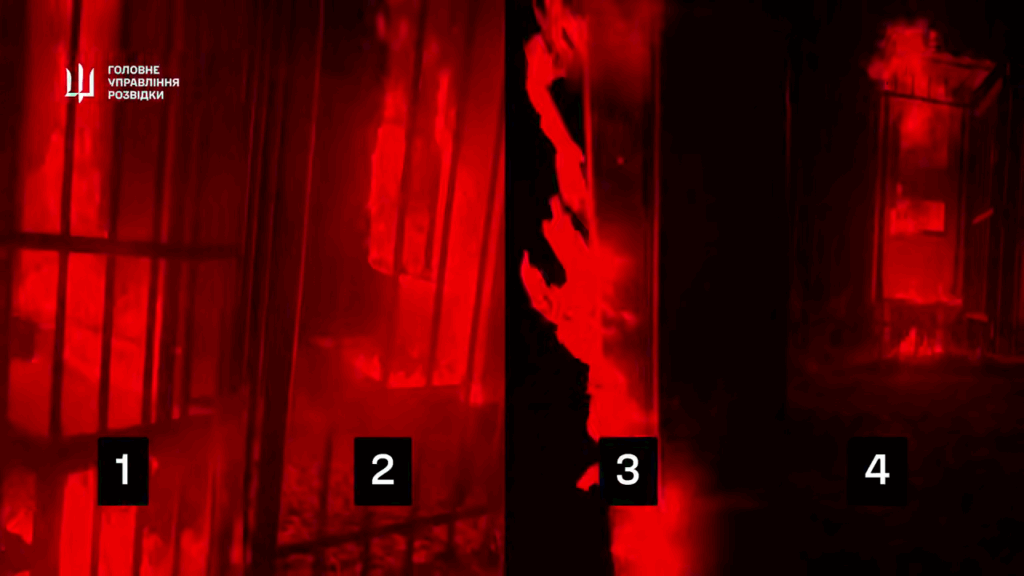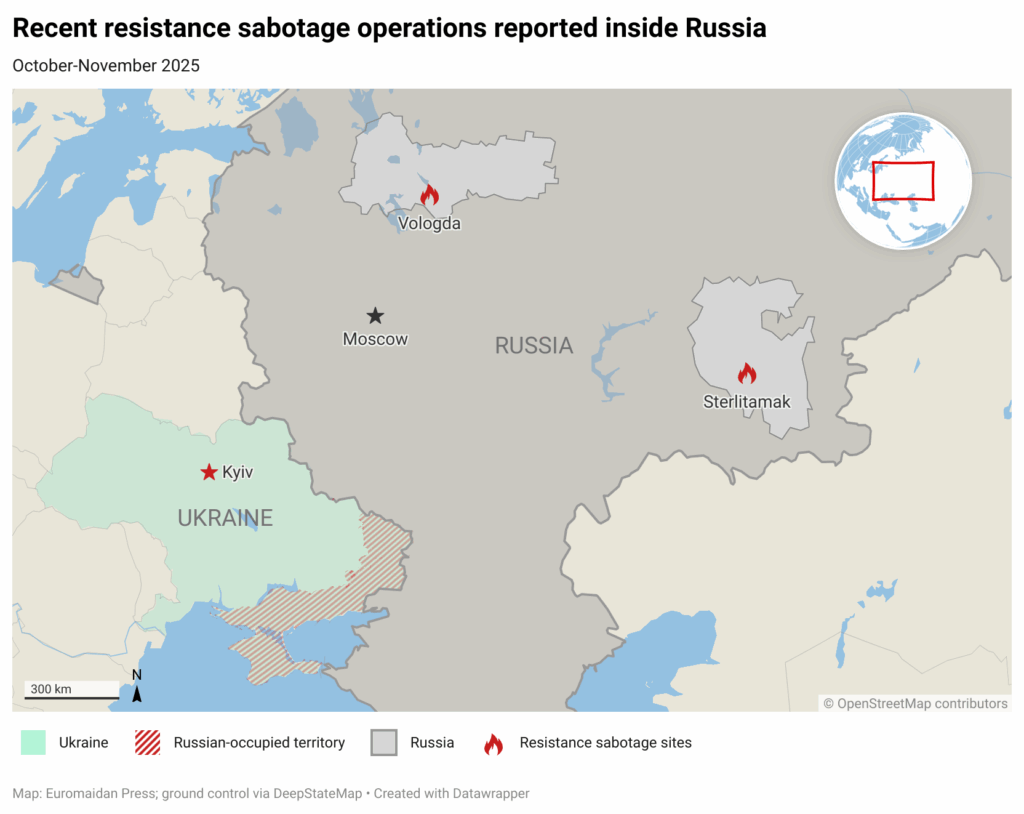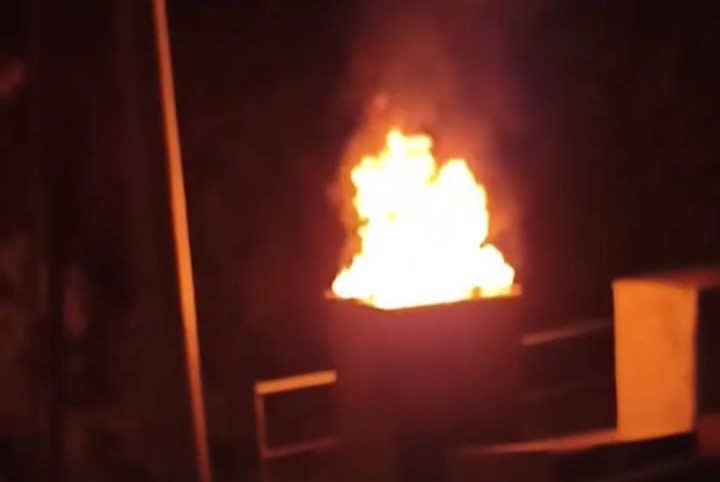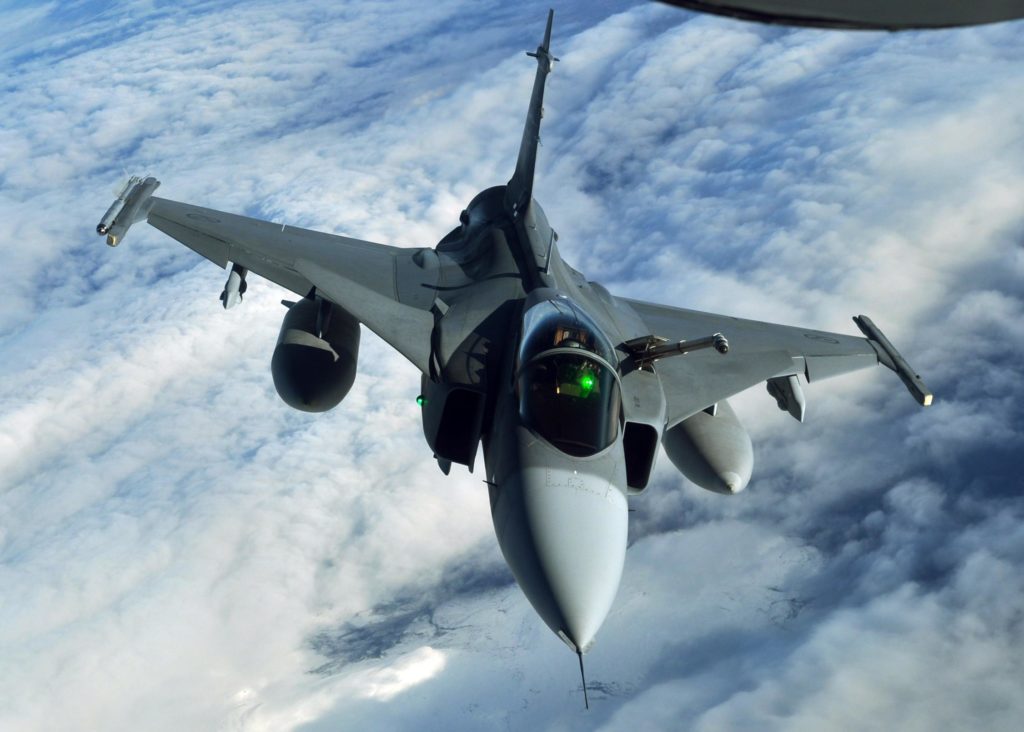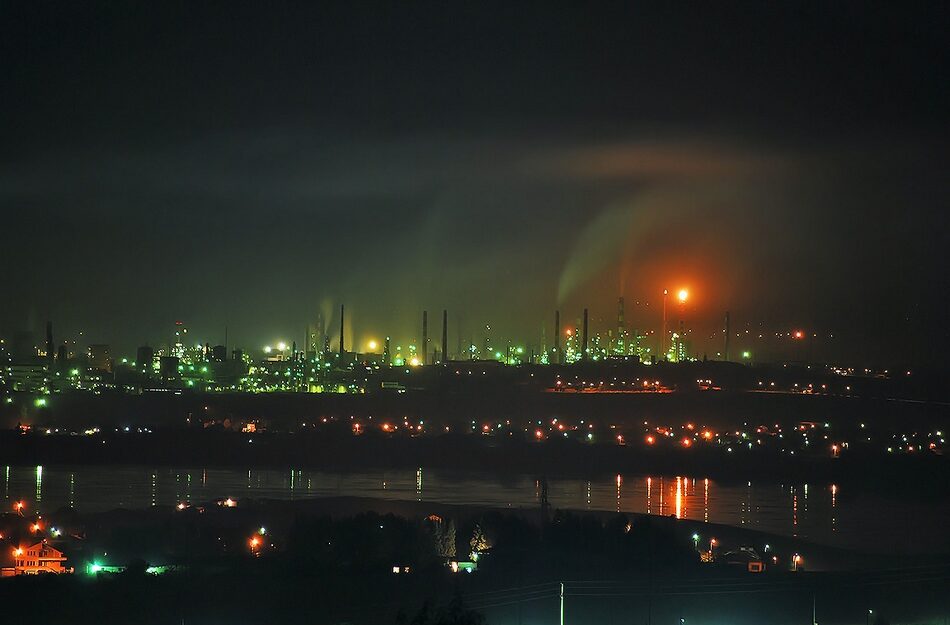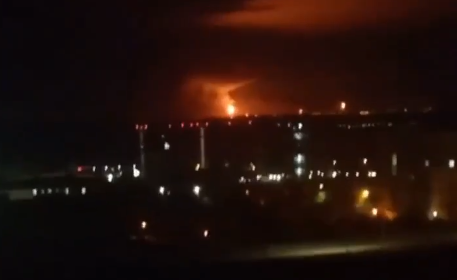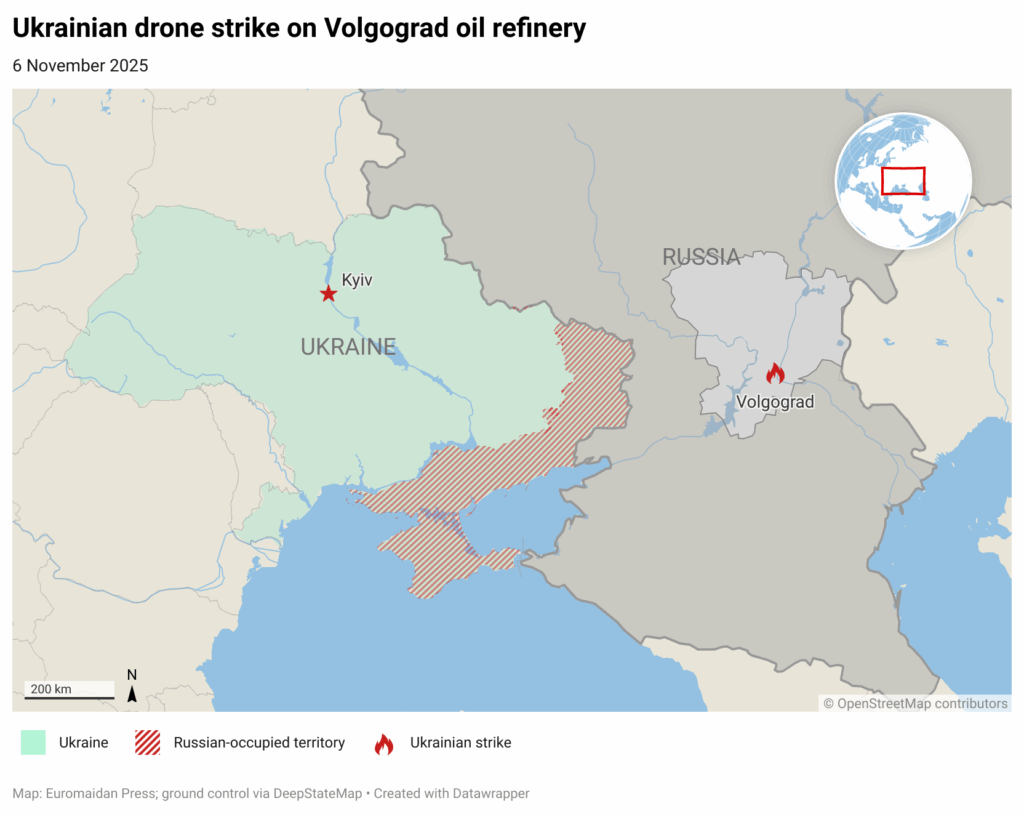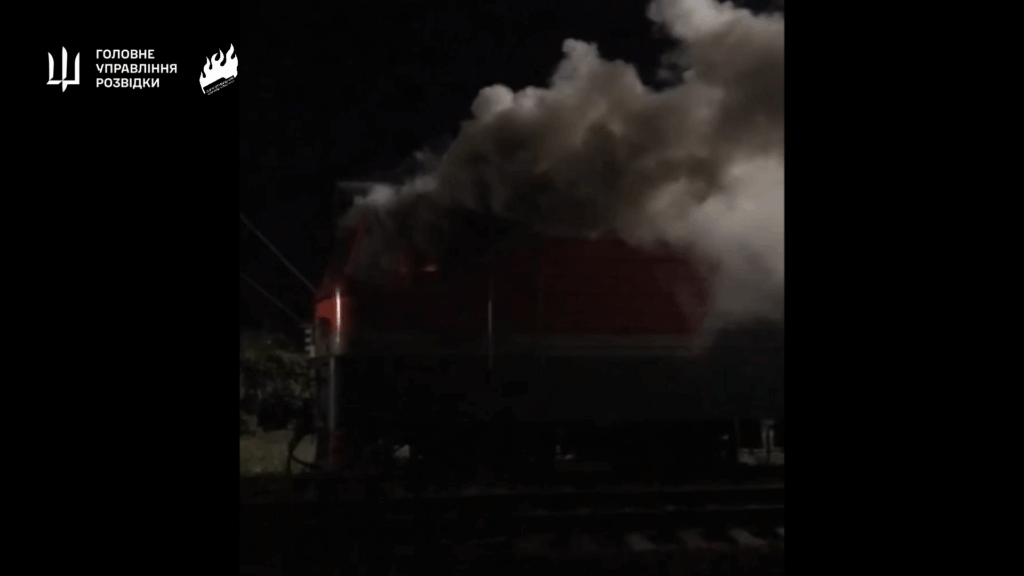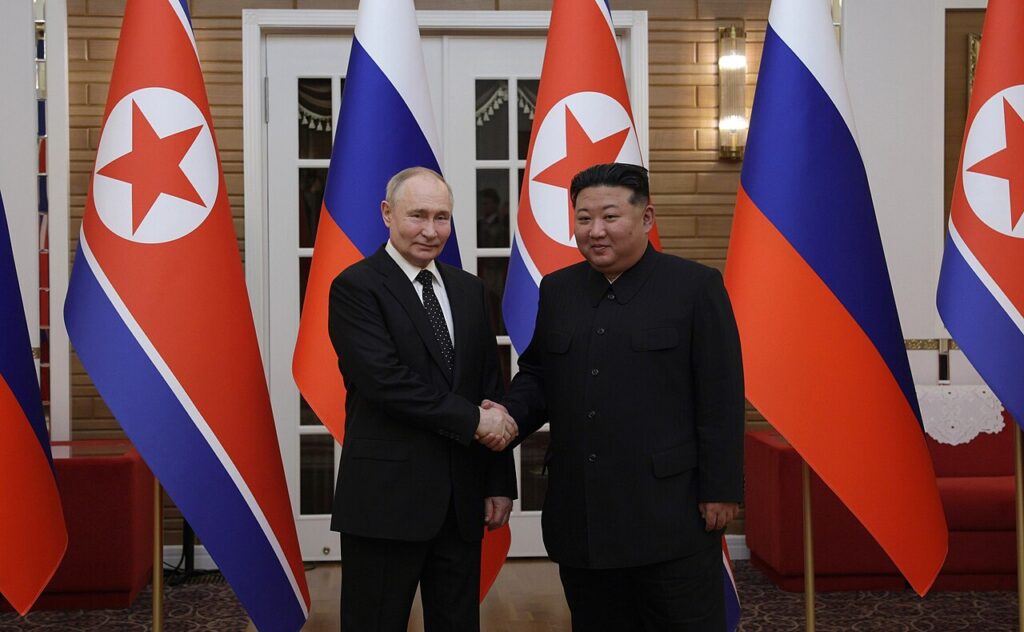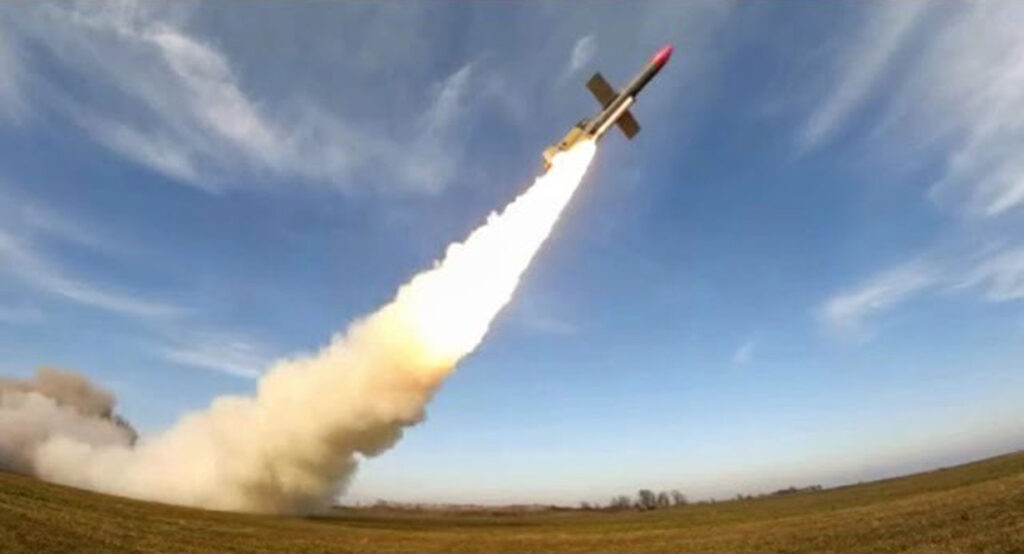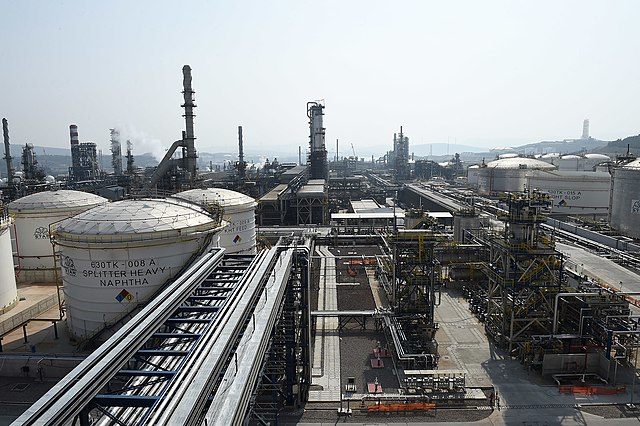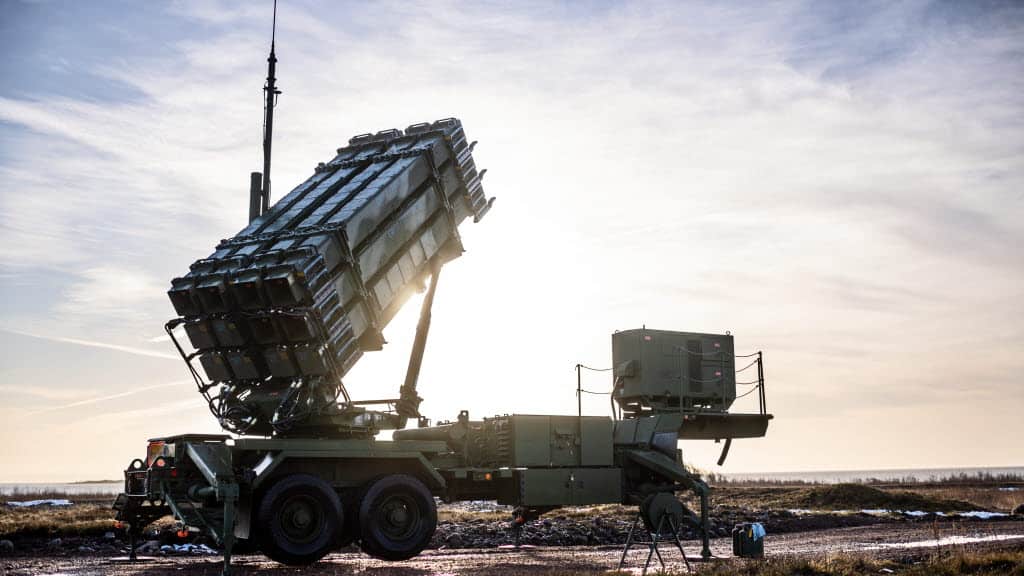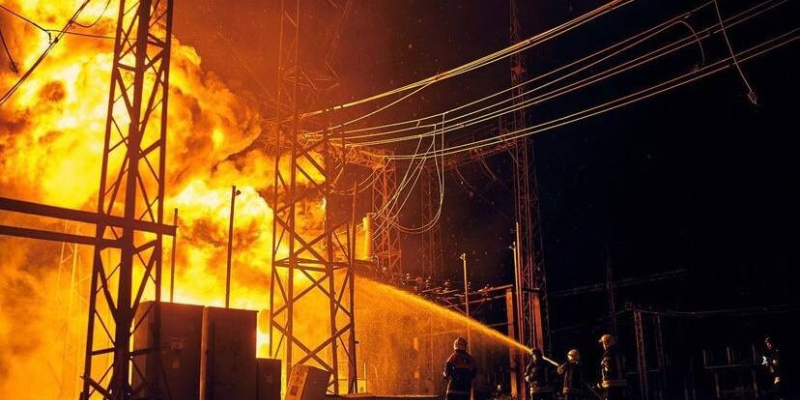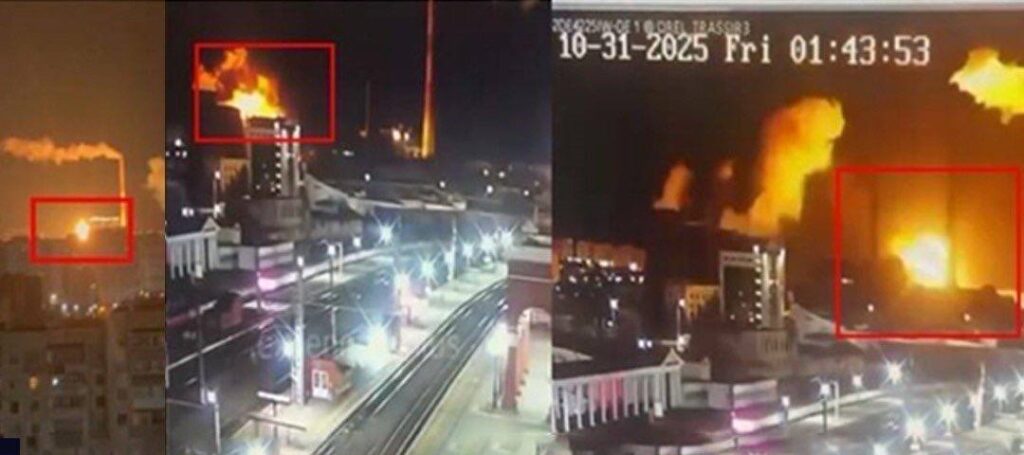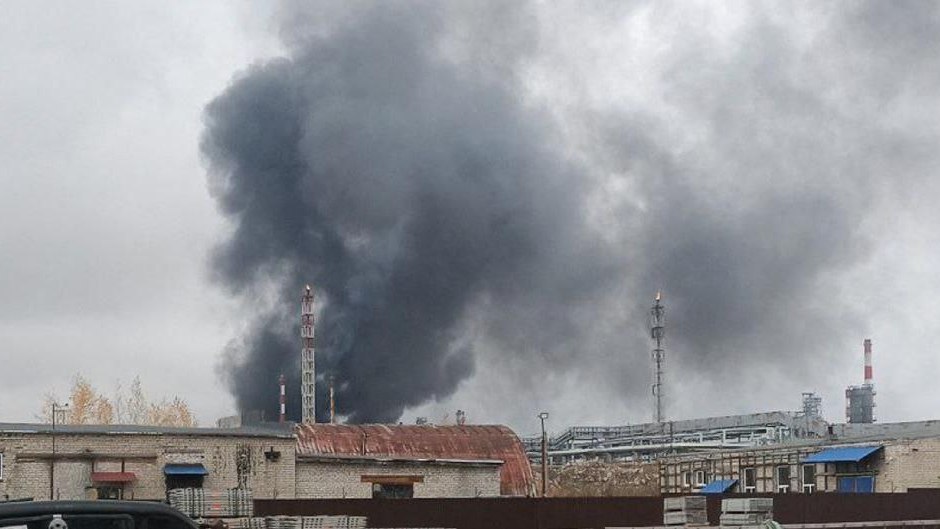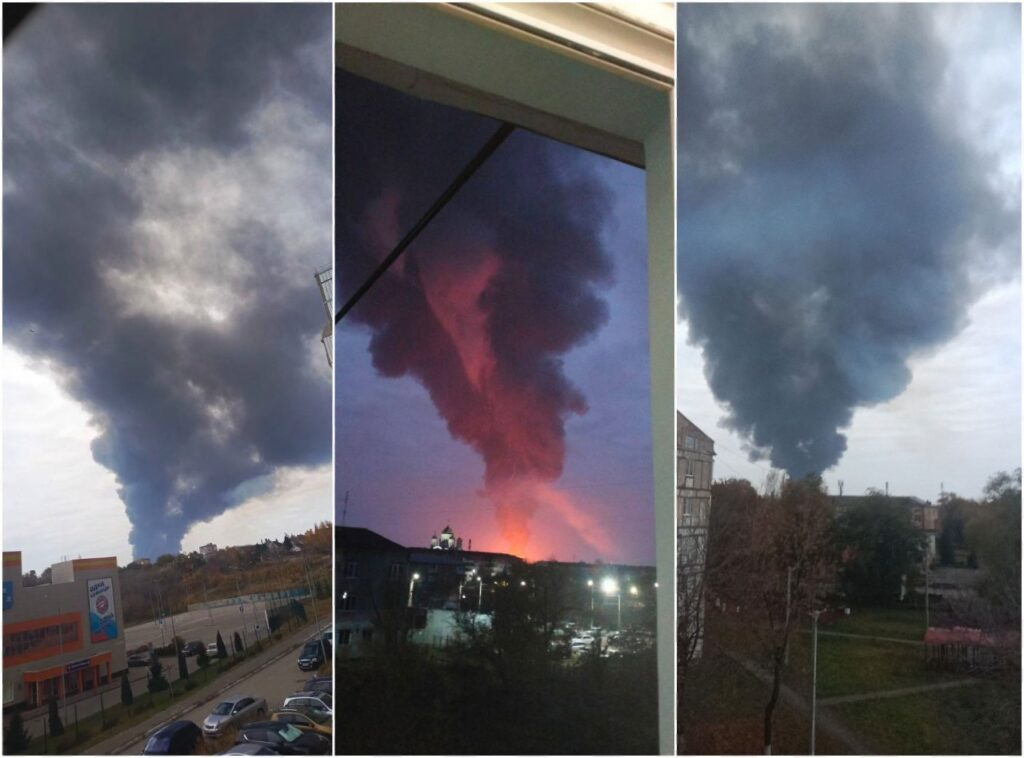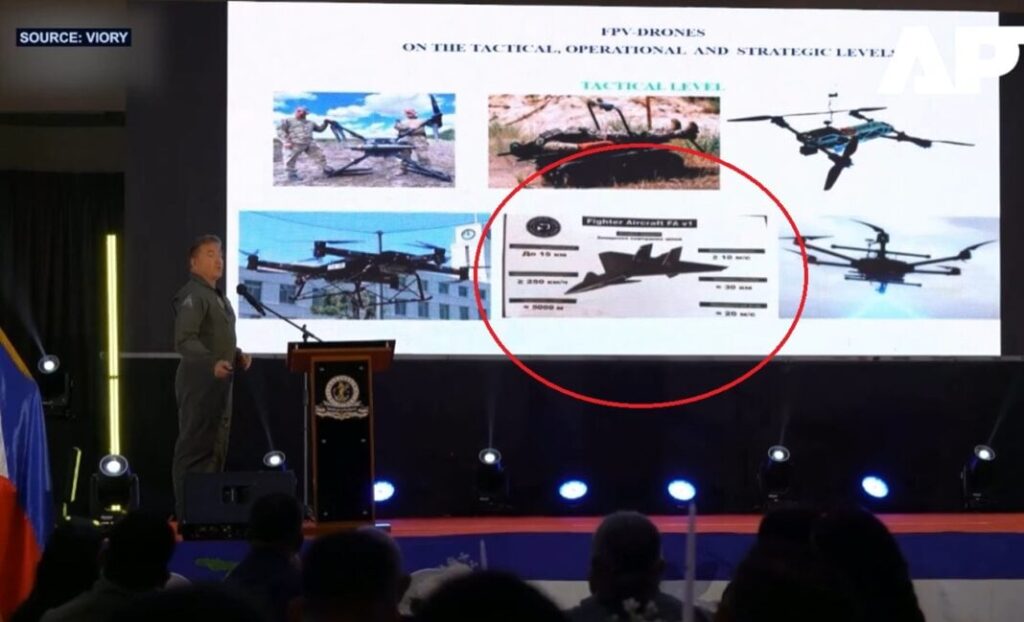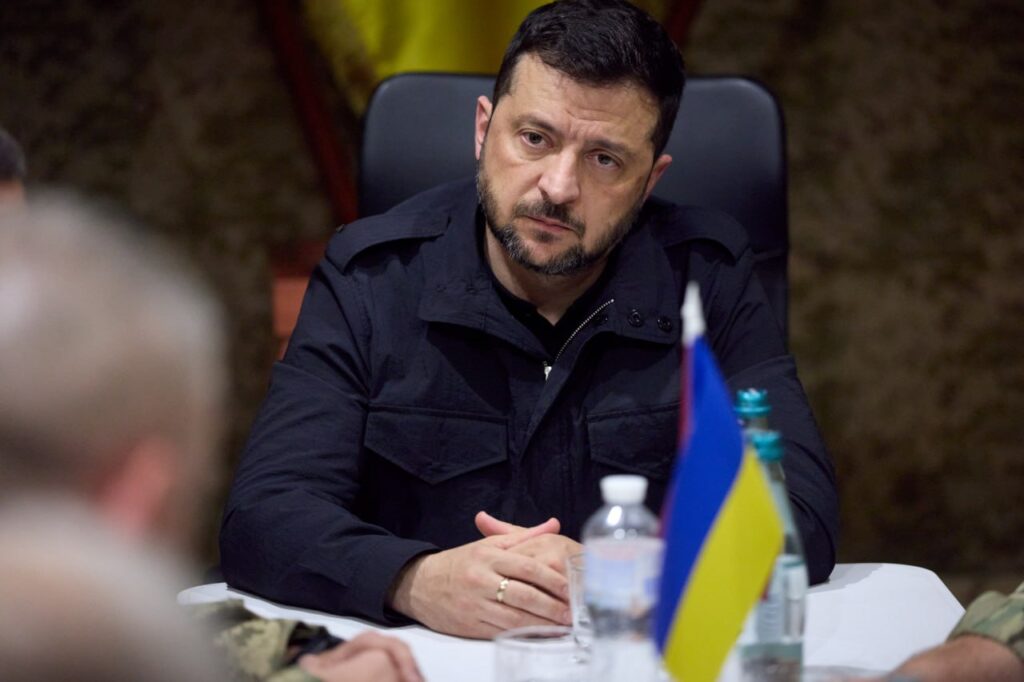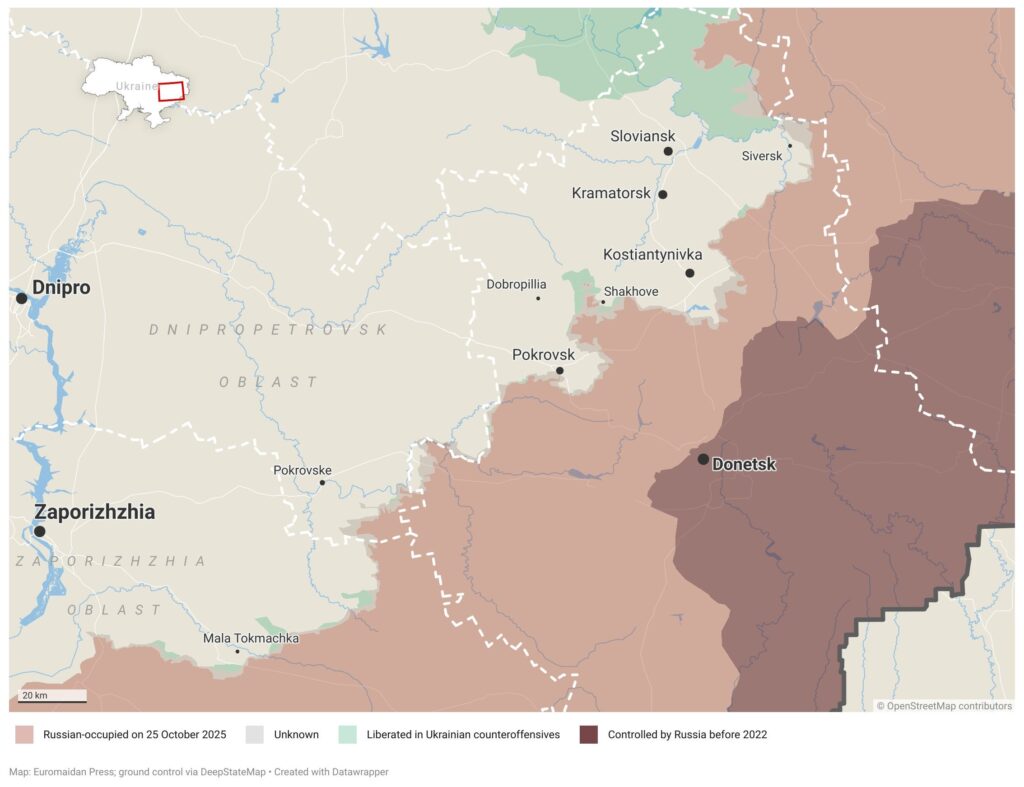
Baltic companies are quietly sustaining Russia’s “shadow fleet,” helping sanctioned and high-risk tankers to transport Russian oil globally, a joint investigation by LRT, 15min, Eesti Ekspress, and Nekā personīga has found.
Russia’s “shadow fleet” is a network of old, often uninsured tankers with opaque ownership, designed to evade Western sanctions and move Russian oil and petroleum products around the world. These vessels fly under various foreign flags, frequently disable tracking systems, disguise cargo origins, and transfer fuel at sea, allowing Moscow to maintain its energy exports and finance its war effort despite international restrictions.
The investigation tracked the movements of two bunker tankers, Rina and Zircone, which conducted hundreds of ship-to-ship refueling operations between June 2024 and March 2025.
During this period, the vessels supplied fuel to at least 177 oil tankers, 159 of which had recently visited Russian ports.
The vessels are linked to Fast Bunkering, a Baltic oil empire founded by Aleksei Tšulets in Estonia. While Tšulets sold the ships in 2023, the investigation found they remain effectively controlled through Dubai-registered FB Trade, using complex offshore structures to obscure ownership.
How shadow fleet operations exploit sanctions loopholes
Many of the tankers the vessels refueled exhibit classic shadow fleet characteristics: they operate without insurance, conceal ownership, and disable tracking systems.
Experts say these shadow fleet operations exploit loopholes in EU maritime sanctions, which allow for exceptions for refueling vessels transporting Russian oil, provided companies conduct due diligence.
In practice, the LRT investigation shows these safeguards are often bypassed, with tankers operating largely undisturbed despite repeated EU, US, and UK sanctions.
Fast Bunkering and its affiliates have long used offshore companies and layered corporate structures to hide connections and continue trading Russian fuel, including shipments to India, Brazil, and Libya.
Western countries struggle to enforce sanctions
“The threat is growing. Russia sees this as an effective weapon - both to undermine European security and to keep its oil flowing,” Lithuania’s Foreign Minister Kęstutis Budrys told LRT. He warned that such practices not only expose the slow pace of sanctions enforcement, but also heighten the risk of environmental disasters.
Even after multiple high-profile incidents, including EU sanctions against some of its vessels, Fast Bunkering’s network continues to operate, underscoring the difficulty of policing international waters.
Maritime intelligence analyst Michelle Wiese Bockmann told LRT that the shadow fleet has tripled in size since Russia’s full-scale invasion of Ukraine.
“Russia has spent billions of dollars building this network. In that sense, the sanctions have failed to achieve their intended goal - instead of making the seas safer, they’ve made them more dangerous,” she said.
Broader pattern of sanctions circumvention
A February investigation by Follow the Money found Western shipowners earned over $6 billion by selling aging oil tankers that now transport Russian oil. More than 230 vessels previously owned by Western companies, representing over a third of Russia's shadow fleet, were sold at premium prices.
Despite the US and UK blocking two major Russian oil producers, Gazprom Neft and Surgutneftegas, as part of January's largest-ever energy sanctions package, enforcement remains challenging.
The investigation underscores the continuing challenge for European authorities to monitor and enforce sanctions in the Baltic and beyond, as private companies play a central role in sustaining Russia’s global oil trade.
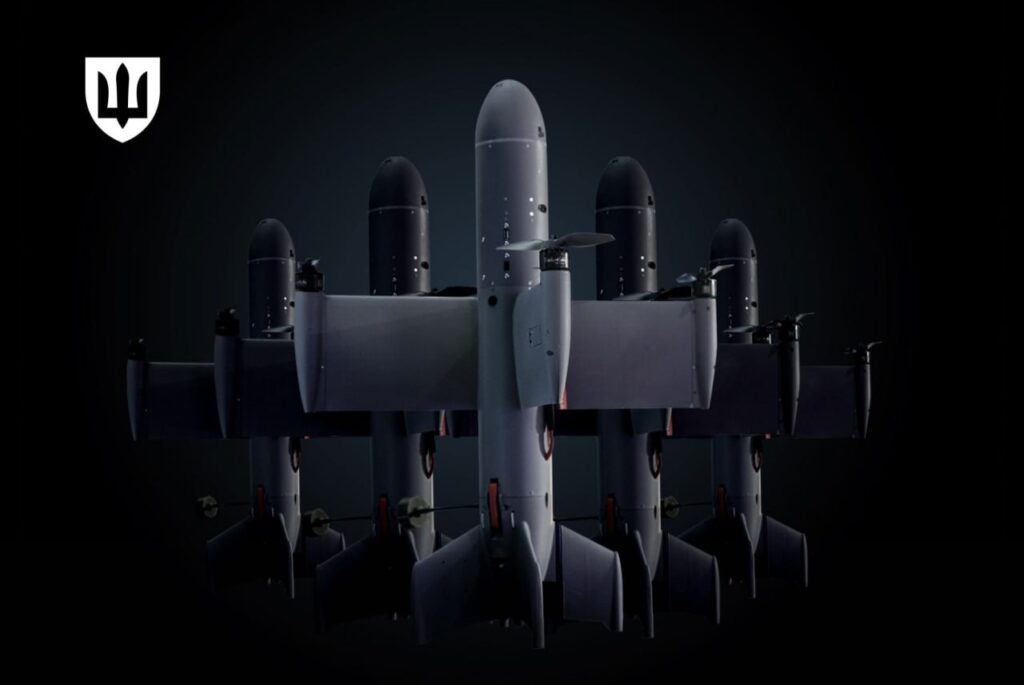
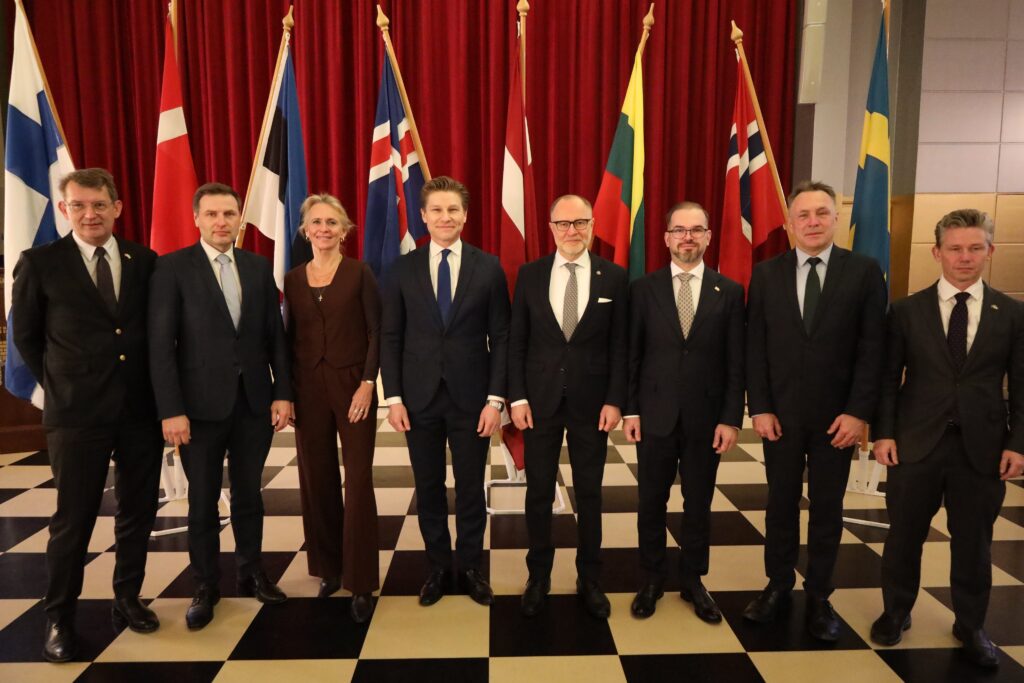
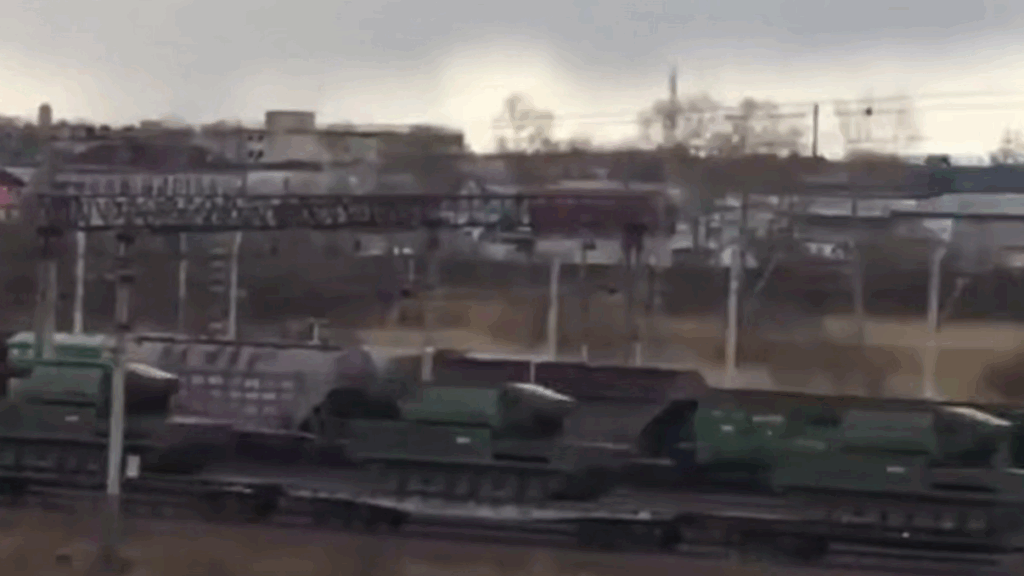
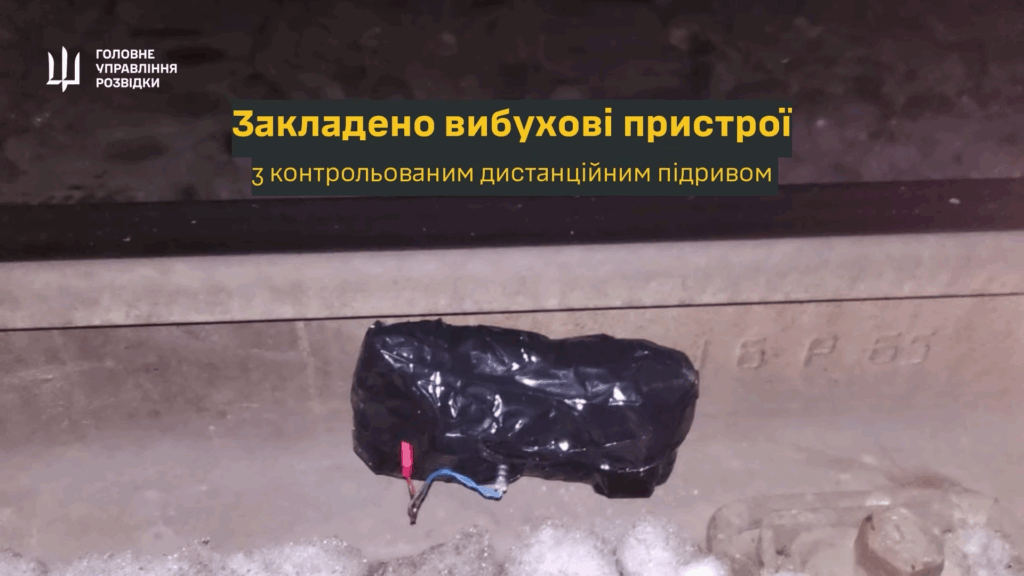
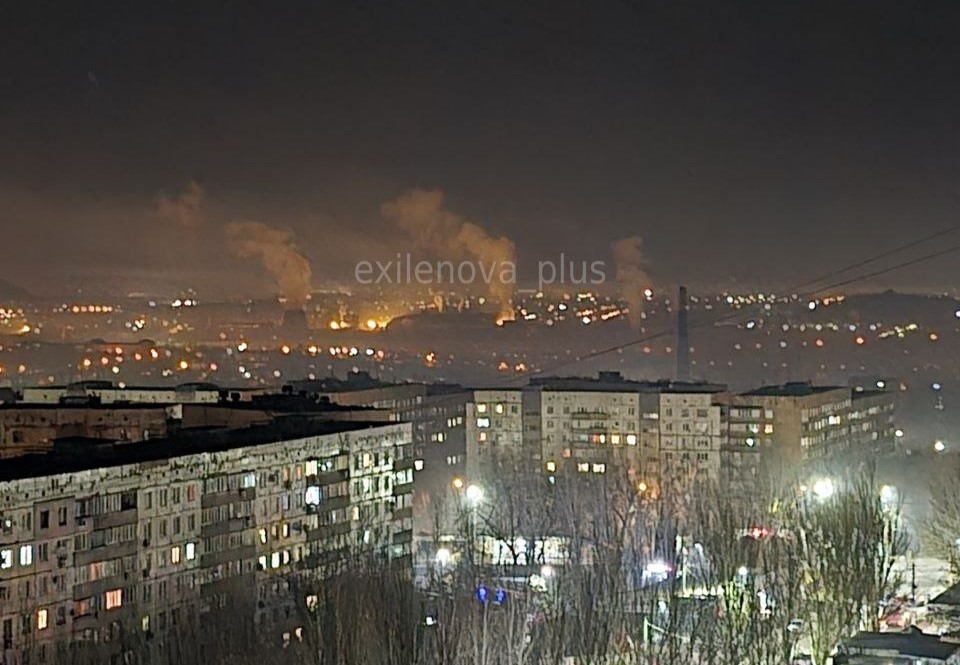



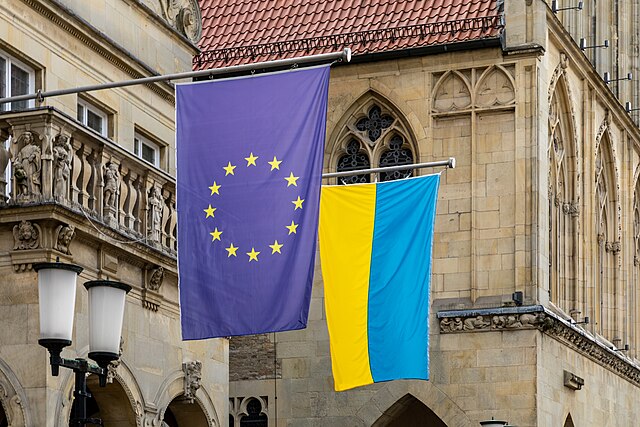



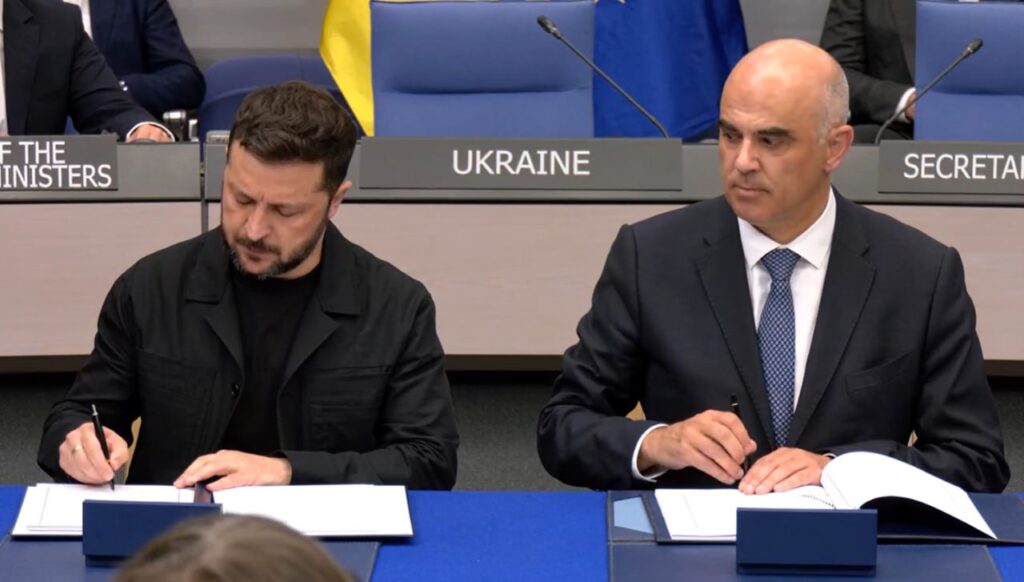

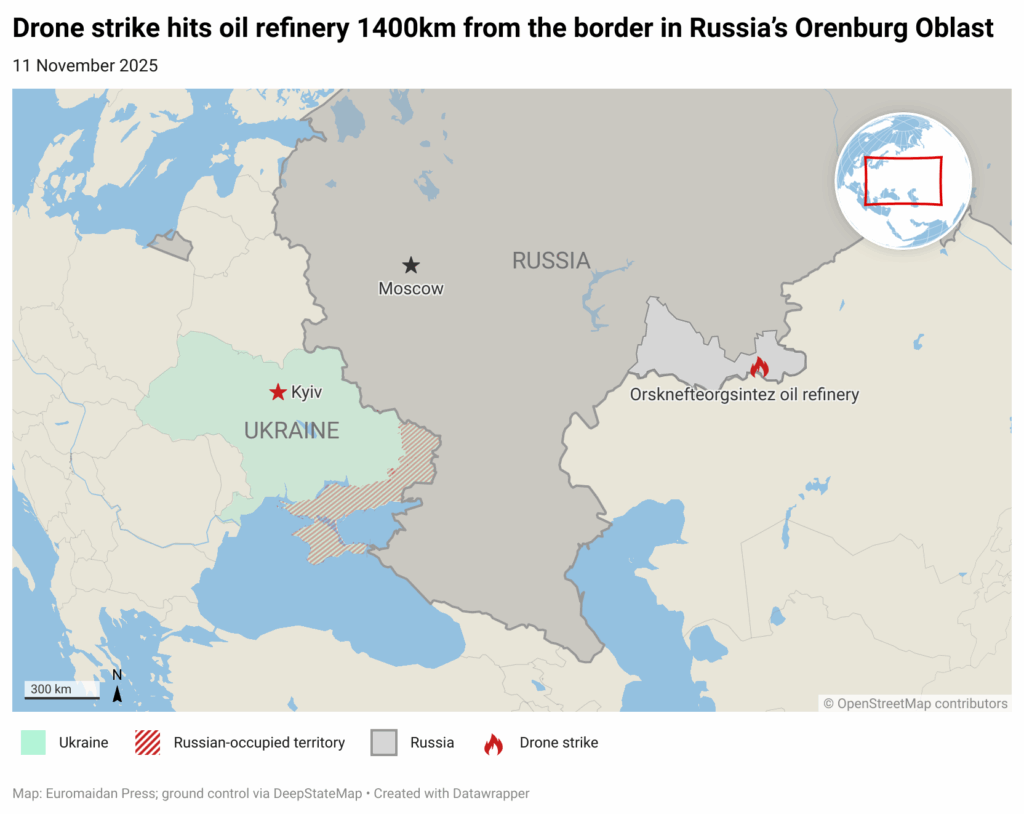
 Exilenova+
Exilenova+ 

